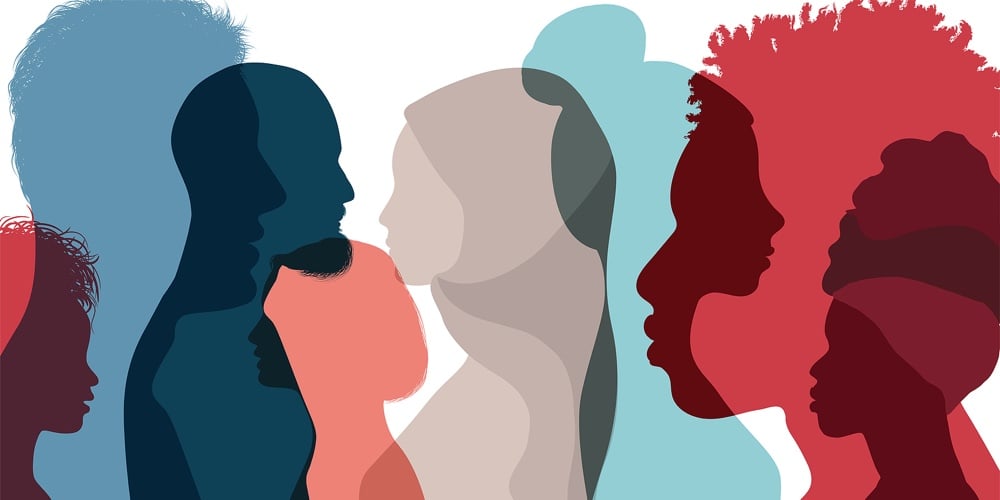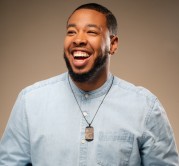Credit unions must own long-term DEI efforts to achieve transformative change

While participation in the NCUA’s credit union diversity self-assessment has not been as strong as hoped thus far, the insights provide a small snapshot. The agency’s key findings are consistent with my own interactions in the credit union community.
First, women in leadership continues to be skewed and often prematurely celebrated among credit unions. Yes, more than 50% of credit unions are led by women, but those percentages decrease sharply as the asset size increases. In fact, according to the 2019 assessment, less than 15% of credit unions with assets of more than $1 billion are run by female CEOs. This speaks to a huge opportunity we have as an industry to raise the glass ceiling for women in the credit union movement.
We can’t tout and celebrate what we haven’t fully committed to achieve. There’s more work to do, and more change to own.
Second, significant disparities exist in racial and ethnic representation at all levels of our credit union movement. From the front lines to the board room, we lack in ethnic representation. In several categories, we are not on par with the ethnic makeup of our country. Reaching other ethnicities must be intentional and requires effective strategies for awareness and recruiting in areas credit unions previously may not have considered.
That means additional opportunities to own this work, and lead the way as a cooperative community.
I was encouraged to see more credit unions indicating Diversity, Equity and Inclusion is an organizational focus. This is necessary, and will set the tone for what the credit union community stands for in the long term. DEI efforts are multilayered and require a multiyear approach to bring meaningful change.
Own the work.
One of my favorite books is The Practice of Adaptive Leadership, which highlights the difference between technical, transactional and adaptive change. What we are experiencing is adaptive in nature, and requires strategic focus, and a real commitment as an industry to evolution.
So, what should we be thinking about as an industry?
- Who do we want to be?
- When looking into the future, what type of industry would we like to see?
- When we tell the story of what we contributed to our successors, what do we want to be able to say we accomplished?
- How will we expand our leadership pipeline?
- How do we create more space for women at our tables?
- How do we create more space for minorities at our tables?
- How do we create more space for the LGBTQ+ community at our tables?
- How will we measure our collective success?
- What are we aiming for, and how will we know we have arrived?
What should your credit union consider if you want to make meaningful progress with Diversity, Equity and Inclusion?
- Organizational Strategy
- Diversity, Equity and Inclusion is more than training. It MUST be a strategic objective of the organization.
- Board Commitment
- Is the board on board?
- Do they adequately understand Diversity, Equity and Inclusion?
- Are they willing to raise the discussion to the strategic level?
- Do they understand the long-term commitment?
- Management Commitment
- Is the management on board?
- Do they adequately understand Diversity, Equity and Inclusion?
- Are they actively seeking to develop a diverse group of future leaders?
- Will they ensure their direct reports commit to the organizational shift in culture?
- Do they understand the roadmap and their role in the progress?
- Community Connection
- How does the overall plan reach the community?
- How can you reach into the community more effectively?
- Are there organizations in the community that you can effectively align with to get more done?
This work will not resolve itself. It is relying on our credit union leadership to own it, to make it happen. The question is, how willing are we to roll up our sleeves to move the needle? We must move beyond performative moments to transformative work – only then will we see the change we desire.





